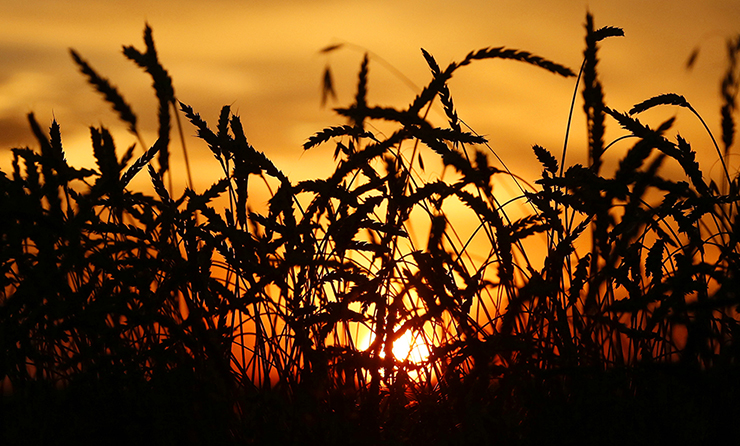No.
Biodiversity is declining, and global warming is a contributing factor.
Some species can adapt to environmental change, but many cannot evolve quickly enough, or at all. As habitats degrade and migration paths are blocked, many species have already disappeared, while more face extinction.
Adaptation often requires migration to better conditions, but human-made barriers like cities and dams block these paths. Climate change also disrupts migration cues, such as air or water temperature. Many species cannot migrate fast enough, like immobile coral reefs, or survive without specific habitats, like the now-extinct golden toad, confined to high-altitude Costa Rican forests made uninhabitable by human-induced climate changes.
Since 1970, mammal, bird, fish, reptile, and amphibian populations have declined by an average of 68%. Scientists estimate current extinction rates are hundreds to thousands of times higher than natural.
Climate change, habitat destruction, pollution, and overexploitation are all driving biodiversity loss, threatening ecosystems’ balance worldwide.
See a full discussion of this at Skeptical Science
This fact brief, originally published by Skeptical Science, is responsive to conversations such as this one. MinnPost partners with Gigafact on fact briefs.
Sources
- WWF A warning sign: where biodiversity loss is happening around the world
- AKSIK Fragility of Coral Reefs in Hawaii
- ifaw Golden toads
- Nature Food web rewiring in a changing world
- CMS Major New UN Report Finds Climate Change is Severely Impacting Migratory Species of Wild Animals
- WWF What is the sixth mass extinction and what can we do about it?
- NOAA Climate Change: Atmospheric Carbon Dioxide





